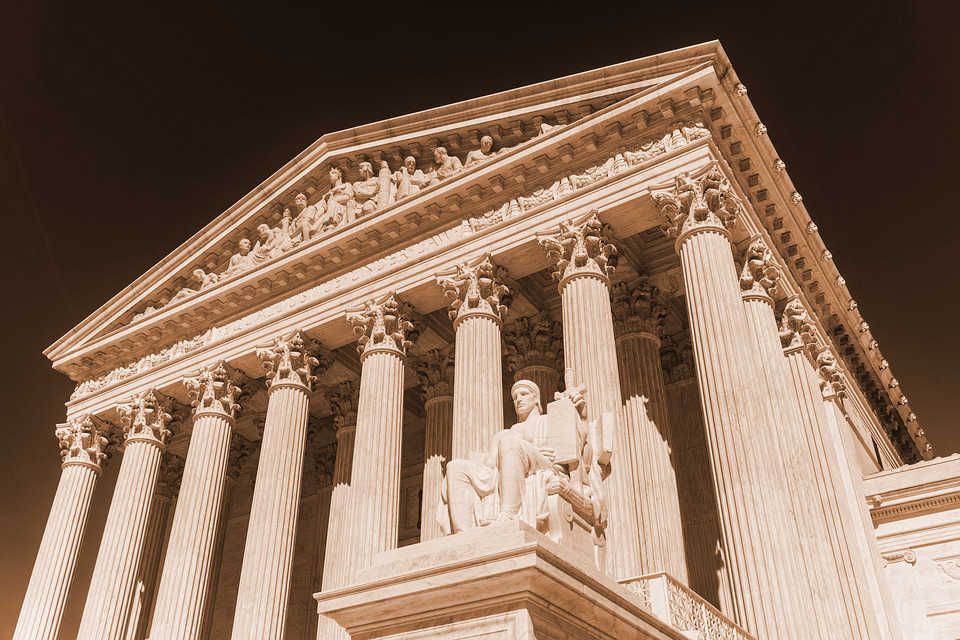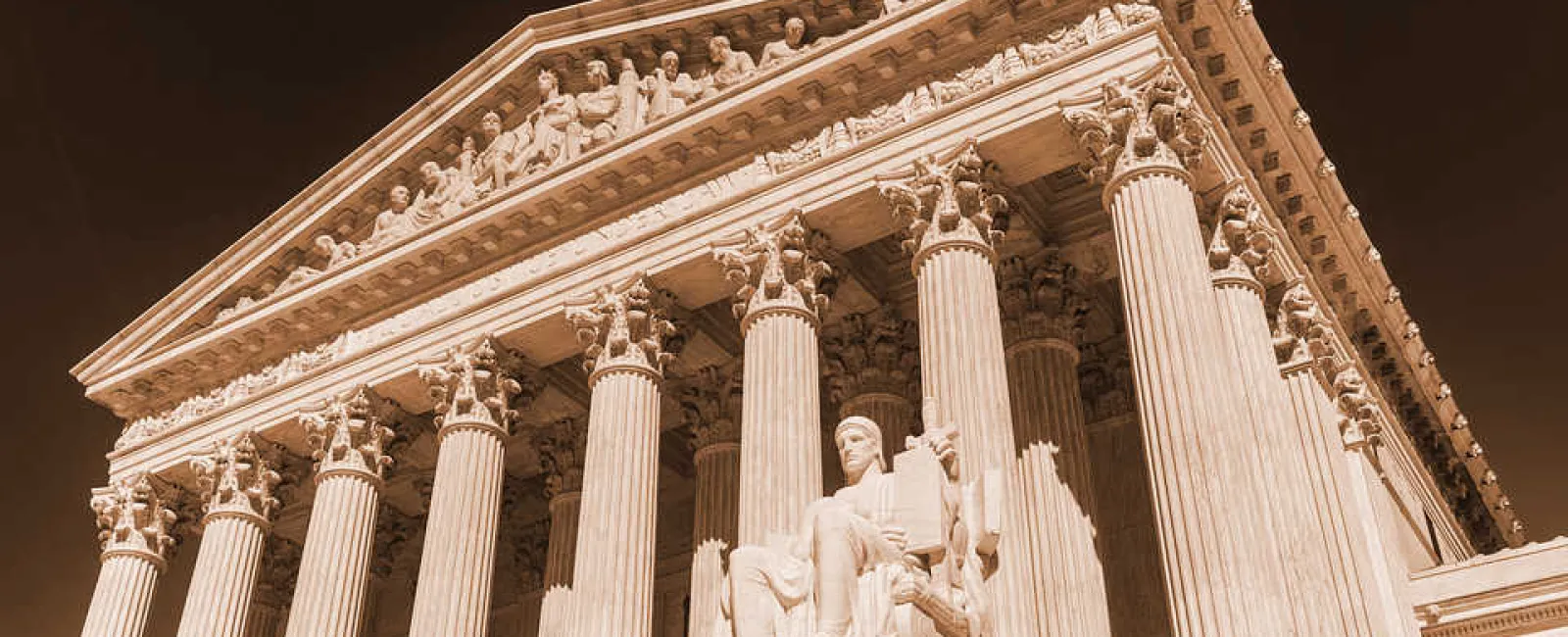Effective November 1, 2018, California enacted several new Rules of Professional Conduct. This is the first overhaul of California's Rules of Professional Conduct in nearly 30 years. California has now increased its Rules of Professional Conduct to 69 rules. Below are 8 new or revised rules of note. Review in their Current Rules of Professional Conduct.
1. Fee Splitting
California Rule of Professional Conduct 1.5.1 - Under this new rule, California attorneys are allowed to split fees with other lawyers who are not in the same law firm. However, the attorneys must enter into a written agreement to divide the fee, the client must consent to the fee split in writing either at the time the attorneys enter into the agreement to split fees or as soon as reasonably practicable, attorneys must disclose to the client the fact that a division of fees will be made, the identity of the attorney or law firms that are parties to the division, and the terms of the division. The total fee charged by all attorneys cannot be increased solely by reason of the agreement to split fees.
2. Unconscionable Fees
Rule 1.5 adds two additional factors when determining whether a fee is unconscionable. These factors are engaging in fraud or overreaching in negotiating or setting the fee and failing to disclose material facts to the client.
3. Advising or Assisting the Violation of Law
Rule 1.2.1 is a new rule that allows attorneys to discuss the legal consequences of proposed courses of conduct with a client and discuss, in good faith, the meaning and consequences of any conflicting federal laws. The attorney must inform the client if the client's proposed conduct is in conflict with federal law.
4. Sexual Relations with Clients
California Rule of Professional Conduct 1.8.10 completely revamps California's longstanding rules governing sexual relations with clients. Under Rule 1.8.10, attorneys are forbidden from having sexual relations with clients unless there was a previous consensual relationship before the lawyer-client relationship commenced.
5. Confidentiality
California Rule of Professional Conduct 1.18 imposes a new duty of confidentiality on attorneys when meeting with potential new clients. Under this new rule, attorneys may not use or reveal any confidential information learned as a result of a meeting with a potential new client, "even when no lawyer-client relationship ensues."
6. Conflict of Interest
California has officially replaced its long-standing "checklist" structure regarding conflicts of interest and has now adopted a new test.
7. Receiving Privileged Writing
California has enacted Rule 4.4, which governs attorneys that accidentally receive privileged writings. Under Rule 4.4, attorneys are now required to notify the sender about the accidental transmittal, and to "refrain from examining the writing any more than is necessary" to determine that the writing is privileged.
8. Discrimination, Harassment and Retaliation
Rule 8.4.1 forbids California Attorneys from harassment or discrimination. This includes clients, employees within the attorney's law firm and prospective clients or employees. California attorneys are also forbidden to retaliate against former clients or employees on the basis of any protected characteristic.
Bonus Law! - California Evidence Code § 1129
Informed Consent to Mediation - This is not a new rule of professional conduct but is still a noteworthy new rule to know. California now requires a lawyer to make sure the client understands California's legal protections for mediations, including its legal implications, before the client agrees to mediation. For existing clients, informed consent is required as soon as possible after engaging counsel. The purpose of this new law is to have lawyers ensure clients that the client's confidential communications made during mediations cannot be used, even if the client elects to sue their attorney for malpractice for something relating to the mediation.
by Jason Eldred
Contact Krogh & Decker, LLP, Business Attorneys (916) 498-9000 or www.kroghdecker.com/contact

